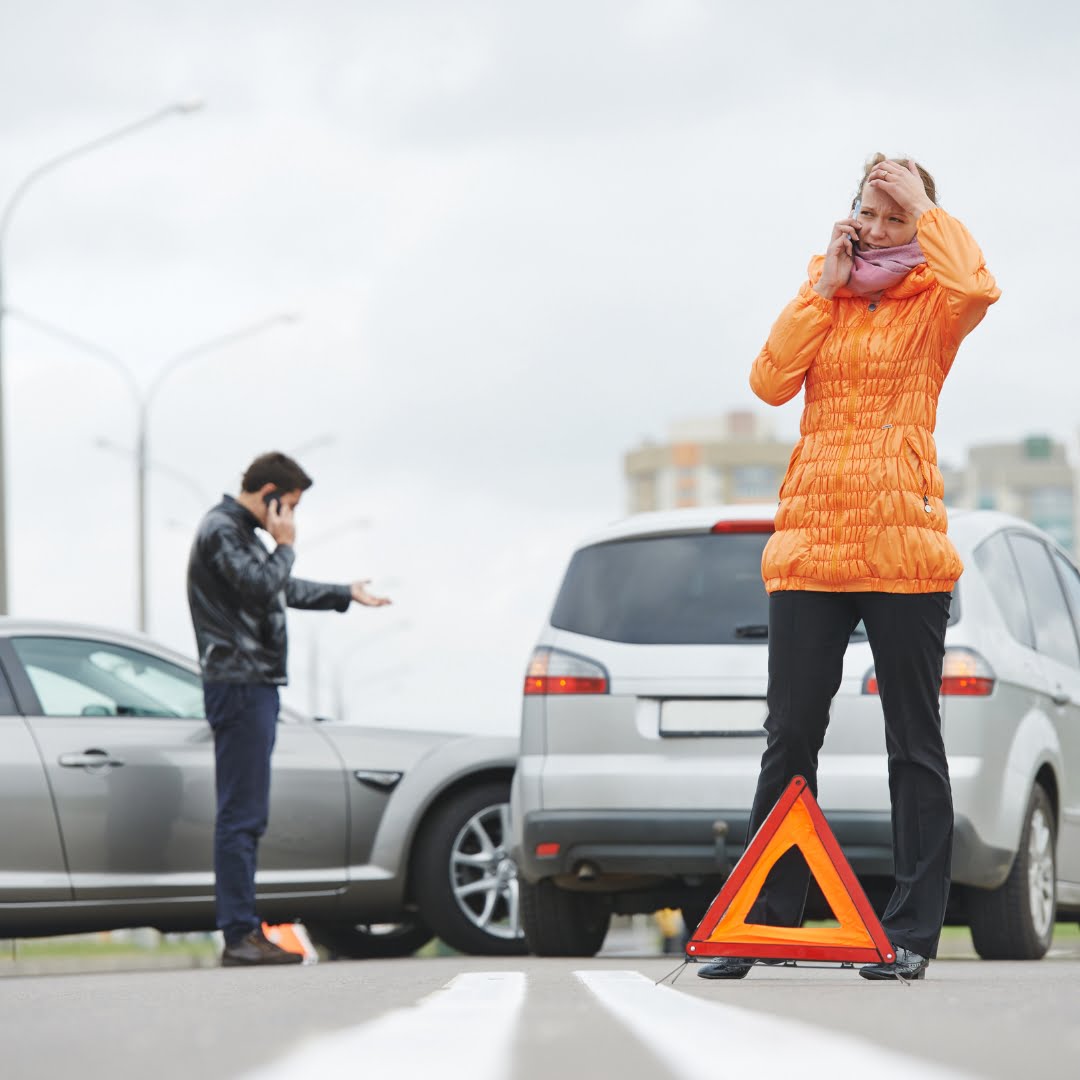
What to do if you are involved in a road traffic accident
Being in a road traffic accident can be an extremely scary and stressful experience. However, if you are planning on making a...
Scullion News & Resources
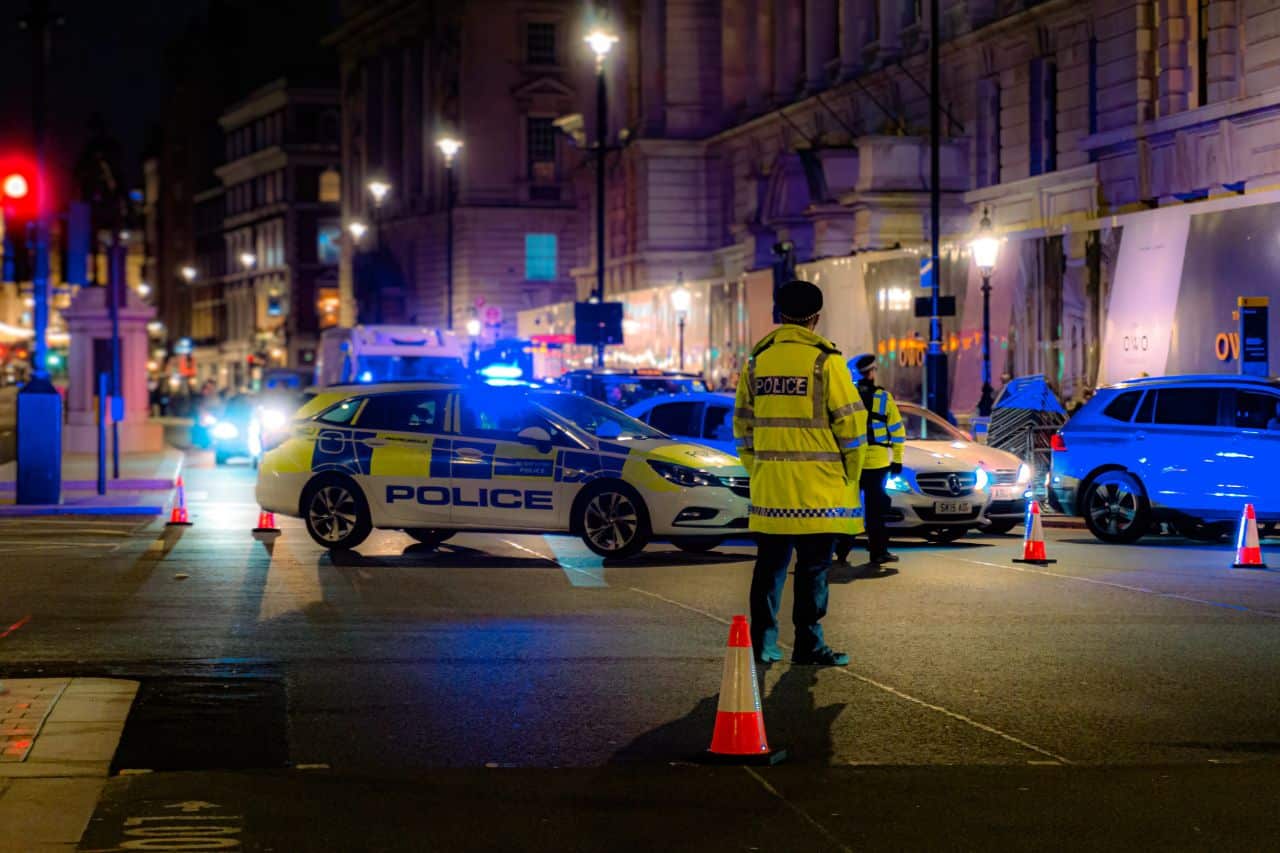
Under road traffic law, the police have the general power to stop any vehicle routinely or if they suspect a road traffic offence has been committed. Failure to stop at the earliest opportunity when stopped by the police is an offence in the UK.
You may be asked for your driving licence, insurance or MOT certificates. If you do not have these, you will be allowed seven days to present them to the police station. Failure to produce requested documents is also an offence.
If you are stopped, we advise that you make no comments regarding any alleged offence. Why is this important?
Offering the police an explanation is highly unlikely to prevent you from being charged or issued with a fixed penalty but may incriminate you or prejudice any defence you may have.
A common example of this is if the police question you by the roadside after a crash. They may ask you “what happened?”. We have seen many instances whereby it is alleged the accused has responded “I think I have fallen asleep”, not realising that the High Court has issued guidance that a person who has fallen asleep at the wheel should be convicted of dangerous driving. Thus, what may have seemed like a minor matter, would see you prosecuted with dangerous driving as a result of your perceived innocent admission.
This is why it is better simply not to make any comment roadside.
The only exception to this is if you are asked to identify the driver of a vehicle alleged to have committed a road traffic offence, under s.172 of the Road Traffic Act. This requirement can be made of the registered keeper of the vehicle or “any other person” who may be reasonably suspected to have been involved in the offence (such as a person sitting beside a crashed vehicle). Failure to respond to the request to identify the driver may see that person prosecuted separately, but this area can be quite complex, and legal assistance should be sought if you are accused of this.
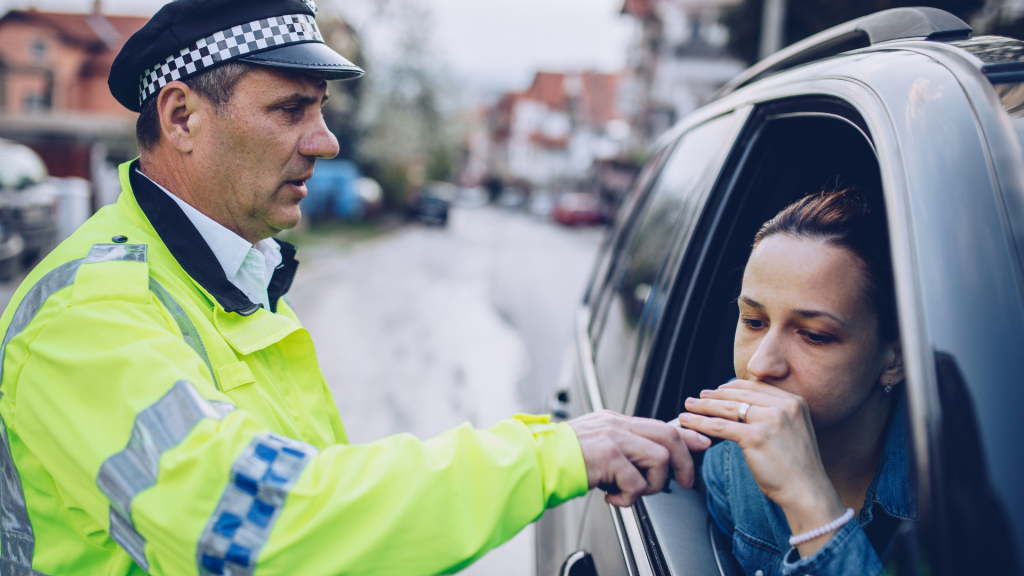
If you have been involved in an accident or are suspected of being under the influence of alcohol, you will likely be asked to participate in a breath test both at the Roadside and at the police station. It is an offence to refuse either breath test unless you have a “reasonable excuse” not to do the test.
It should be noted that the law here sets a very high bar as to what constitutes a “reasonable excuse”. For example, you do not have the right to consult a solicitor before consenting to a breath test. Whilst not an outright refusal, the case law has set a clear precedent that any acceptable which is conditional (i.e. agreement to provide if the accused gets to speak to a lawyer first) will be considered a refusal.
The courts are also very unlikely to accept a physical excuse such as asthma or long covid, where the accused person hasn’t tried at the very least to provide a specimen. So, for this type of matter, an expert road traffic solicitor should be consulted.
The police can issue fixed penalty notices (FPN) for some relatively minor offences, including speeding, careless driving, driving without insurance or using a mobile phone. Fixed penalties range from three to six penalty points and fines.
The police will issue these at the roadside, but by taking this you are not accepting you are guilty of an offence. You are not obliged to pay the fine and take the points if you do not agree with the charge. These can be challenged successfully in court and should seek legal advice at the earliest opportunity about whether to accept or not.
If you wish to challenge the FPN, you should ignore the offer of a fixed penalty, and once the 28-day period runs out you will usually receive correspondence from the Crown Office with regards to the charge.
It is important to note however that you cannot look to pay the FPN and avoid the points. Once the fine gets paid, then the offer has been accepted, and your licence is automatically endorsed with the penalty points. You cannot look to subsequently challenge the FPN once it has been paid, and thus accepted.
The police can seize and impound your vehicle if there is an issue with your licence or insurance cover. If there is an issue with insurance cover for example, then the car will not be able to be collected until the police are satisfied there is appropriate cover in place. And for every day the vehicle is impounded, the cost to get it released will increase.
If the police pull you over for a routine stop, they DO NOT have the power to routinely search you or your car, unless you are suspected of another crime. If this is the case, they must advise you on what grounds they are doing so and follow the correct stop and search procedure under the criminal rules.
Again, specialist knowledge here will be required. This is a very useful tool in a defence agent’s arsenal, as very often a client can secure a successful acquittal where it can be shown the police have failed to carry out the correct procedures.
You should seek immediate expert legal advice if you have been stopped by the police and charged or issued with a fixed penalty notice. Paying any fine will constitute an admission of guilt.
Our award-winning Road Traffic Team will advise you on all of your options. Even if you admit guilt but are in danger of losing your licence due to the totting-up procedure, seek early advice to help save your licence.
Contact our expert Road Traffic Defence Team in Glasgow, Edinburgh, and Hamilton today and we will call you back as soon as possible.

Being in a road traffic accident can be an extremely scary and stressful experience. However, if you are planning on making a...
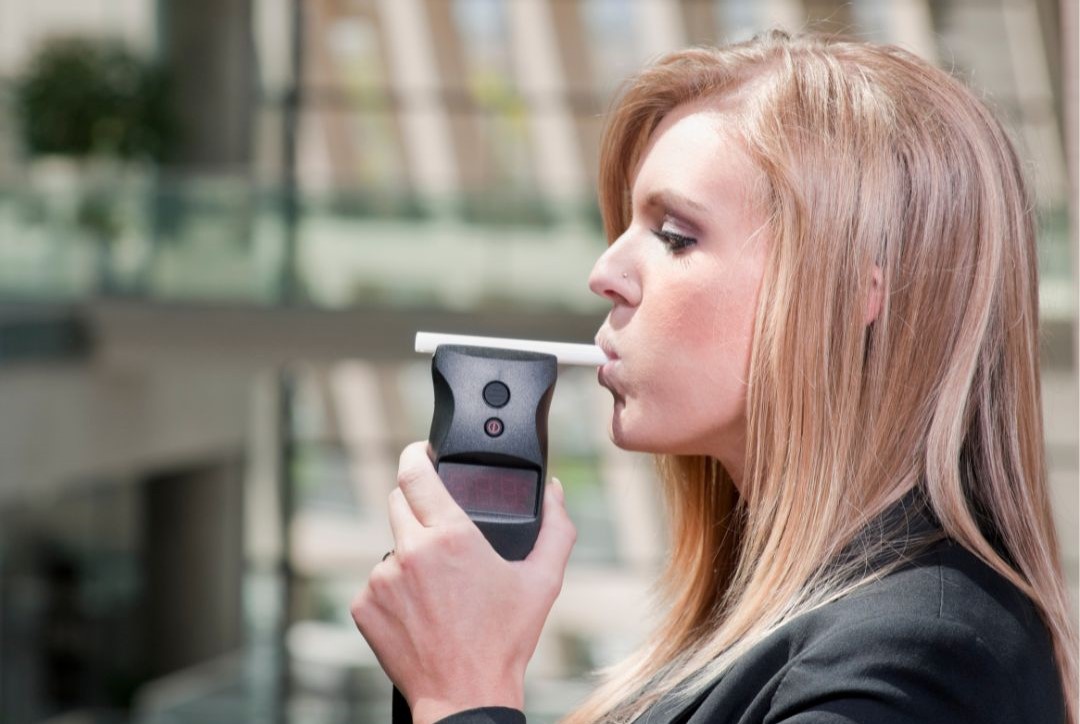
Prevention and detection of drink driving is a priority for the police all year round. But at certain times of...
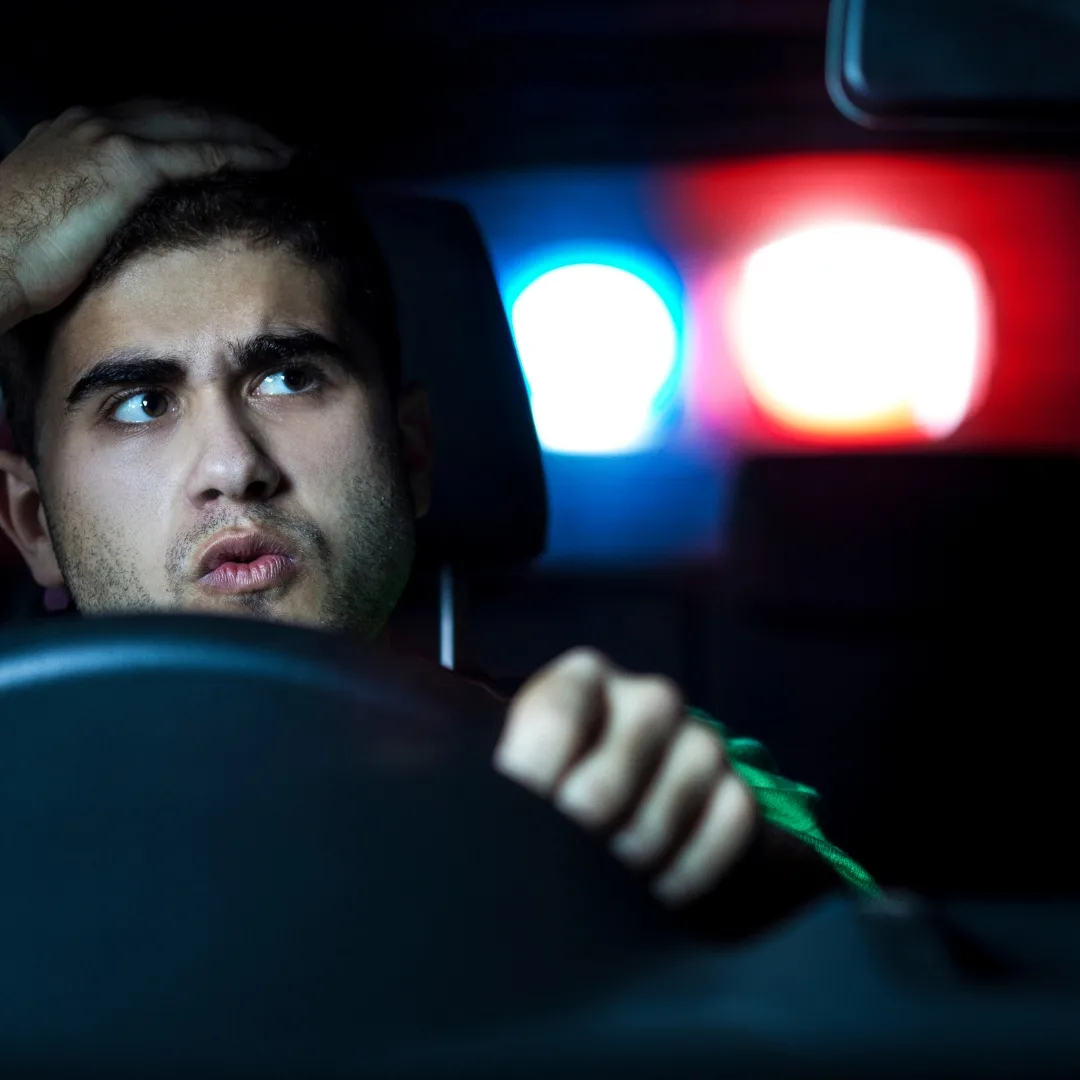
Every day in Scotland, drivers are stopped by the police for driving without valid insurance. This often comes as a...